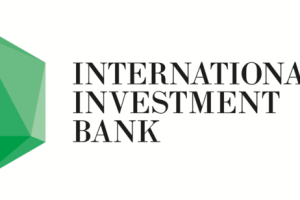Alătură-te comunității noastre!
Vezi cele mai recente știri & informații din piața de capital

Euro area consumer price inflation fell to 6.9 percent year-on-year in March 2023, its lowest level since February 2022.
The decline was largely expected due to the evolution of energy prices, which skyrocketed last March. The base effect is therefore currently very favourable for energy developments. Energy inflation declined from 13.7% to -0.9% in March, which is the first decline in energy inflation since February 2021.
Since it was widely known that energy inflation would drop like a stone, the bigger concerns remain with the other components. Much work remains to be done here.
Core inflation rose from 5.6% to 5.7% in March, with services inflation rising from 4.8% to 5%, while goods inflation fell from 6.8% to 6.6%.
Food inflation – which has been the largest contributor to headline inflation in recent months – rose from 15% to 15.4%. This indicates that price pressures are still high at the moment, although this should improve in the coming months.
However, forward-looking data are starting to become less worrisome from an inflation perspective. Forward energy prices appear manageable, and producer food prices have also come off their peak.
Transportation costs and supply chain issues have eased significantly, which had led to a decline in selling price expectations among producers.
The biggest concern appears to be wage growth. Wage growth has picked up, and with unemployment still at a low of 6.6%, there is still a possibility that wages will come under upward pressure.
This could lead to somewhat harsher inflation, especially in the service sector.
Even though inflation fell sharply in March, core inflation remains a concern for the ECB. The possibility that core inflation will remain more stubborn than hoped will be the main reason for the ECB to raise interest rates further in the near term.
Analysts’ at ING Bank expect another 25 basis point hike in May and another in June. With the inflation outlook gradually becoming more favourable and the recent turmoil in the banking sector showing that aggressive rate hikes are not in vain, a peak would be reached thereafter.









Vezi cele mai recente știri & informații din piața de capital